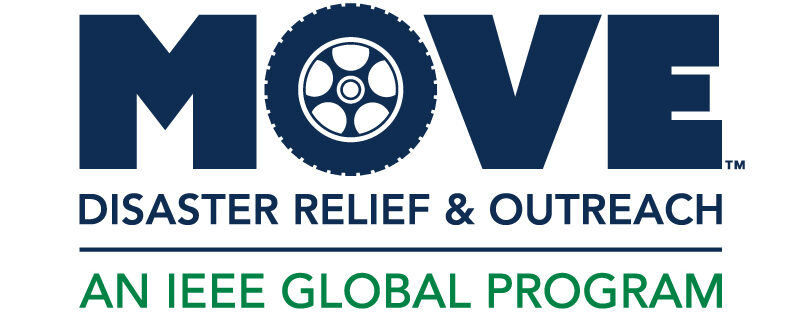Room: MC603, Bldg: McConnell Engineering building, 3480 University Street, Montreal, Quebec, Canada, H3A 0E9
Integrated Photonic Quantum Information Processing
Room: MC603, Bldg: McConnell Engineering building, 3480 University Street, Montreal, Quebec, Canada, H3A 0E9In recent years, photonics has become one of the key contenders in the race to build large-scale quantum computers. The prominence of photonics as a quantum information technology is underscored by the fact that it is one of only a handful of technology platforms which has achieved a quantum advantage, i.e., a large-scale quantum system which outperforms a classical supercomputer at some well-defined computational task . In this talk, I will highlight several aspects of the research that my team is doing in this field. I will focus on three aspects. First, I will discuss some theoretical aspects of the recent quantum advantage demonstrations in photonics. A crucial matter in any quantum advantage demonstration is how noise affects the degree of quantum interference. There is an analogy here to Bell tests, with ever more sophisticated experiments leading to more sophisticated theoretical objections, and so on. The claims of kicked off a lively debate regarding the way photon losses could be used to classically simulate the computational task for which a quantum advantage was claimed. I will discuss the prospects of simulating these optical systems using the theory that has been developed in the last years . Second, I will discuss the complex engineering task of building the large-scale, tunable interferometers which are necessary to give these proof-of-principle systems a degree of programmability. In collaboration with a University of Twente spinout company QuiX Quantum B.V., we have recently demonstrated the world’s largest quantum photonic processor, i.e. fully tunable multimode optical interferometer, using silicon nitride photonic waveguides. Finally, I will focus on the quantum fundamentals work which is made possible by these technological advances. Large-scale photonic systems are an interesting novel testbed with which to explore the fundamental concepts and problems of quantum mechanics. Specifically, I will show how this platform can be used for quantum simulation of quantum thermodynamics, and I will show a novel entanglement witness for large-scale quantum states. This broad range of new science shows the promises and opportunities of this quantum technology platform. Zhong et al, Science 370, 6523 (2020). Zhong et al, arXiv:2106.15534. Renema et al, arXiv:1809.01953. Renema et al, arXiv:2012.14917. Renema et al, Phys. Rev. A 101, 063840 (2020). Taballione et al, arXiv: 2203.01801 (2022). Speaker(s): Dr Jelmer Renema , Room: MC603, Bldg: McConnell Engineering building, 3480 University Street, Montreal, Quebec, Canada, H3A 0E9
Integrated multi-wavelength lasers : design, control and applications
Room: MC603, Bldg: McConnell Engineering building, 3480 University Street, Montreal, Quebec, Canada, H3A 0E9Multi-wavelength lasers have emerged as a promising solution for a range of applications: from sensing to high-frequency signal generation or all-optical processing. For instance, they are an appealing solution to generate mm-wave or THz signals: besides the reduce footprint or the lack of required alignment, the coupling between modes leads to lower noise level. However, lasing is still a “winner takes it all” process, thus simultaneous emission at multiple wavelengths can be a challenging target to reach. A rather careful design or a precise control mechanism are typically required. In this talk, I will briefly review demonstrated schemes to implement multi-wavelength lasers on Photonic ICs, with a particular focus on laser designs compatible with (active) generic foundry platforms. I will discuss the difficult trade-off between flexibility, tunability and stability, and highlight the approach we chose relying on a phase-controlled optical feedback loop. Finally, I will present some of our recent results exploiting such multi-wavelength lasers for new applications such as spectral multiplication of frequency combs and wavelength conversion. Speaker(s): Martin Virte, Room: MC603, Bldg: McConnell Engineering building, 3480 University Street, Montreal, Quebec, Canada, H3A 0E9

